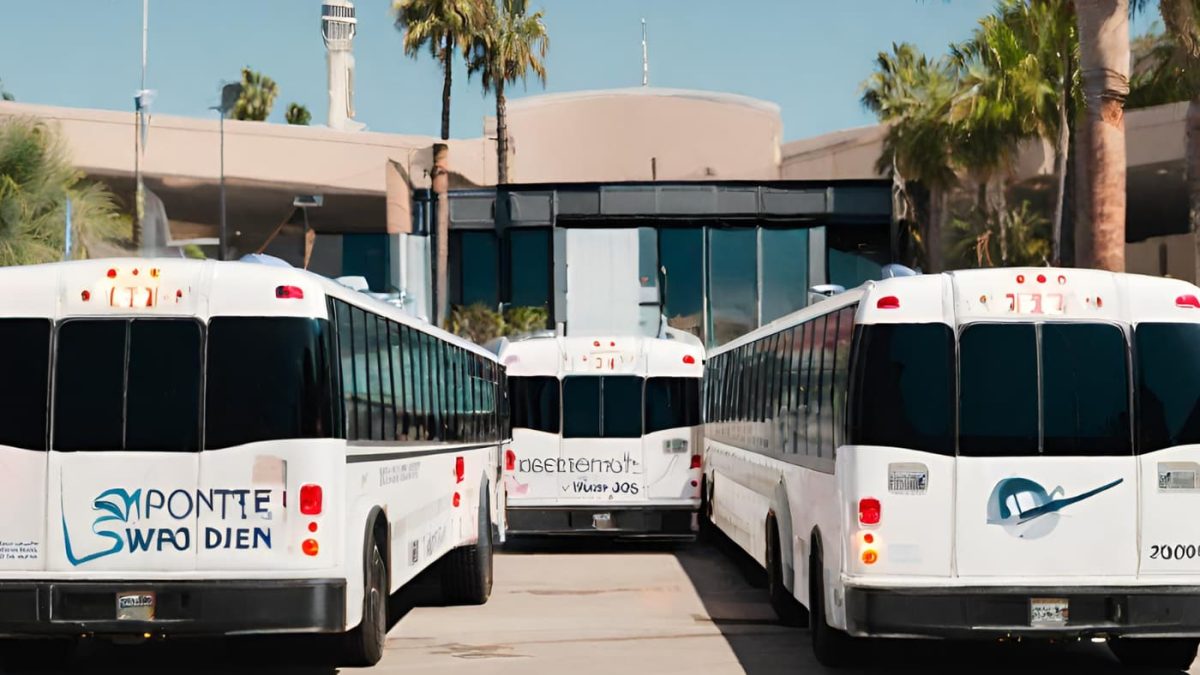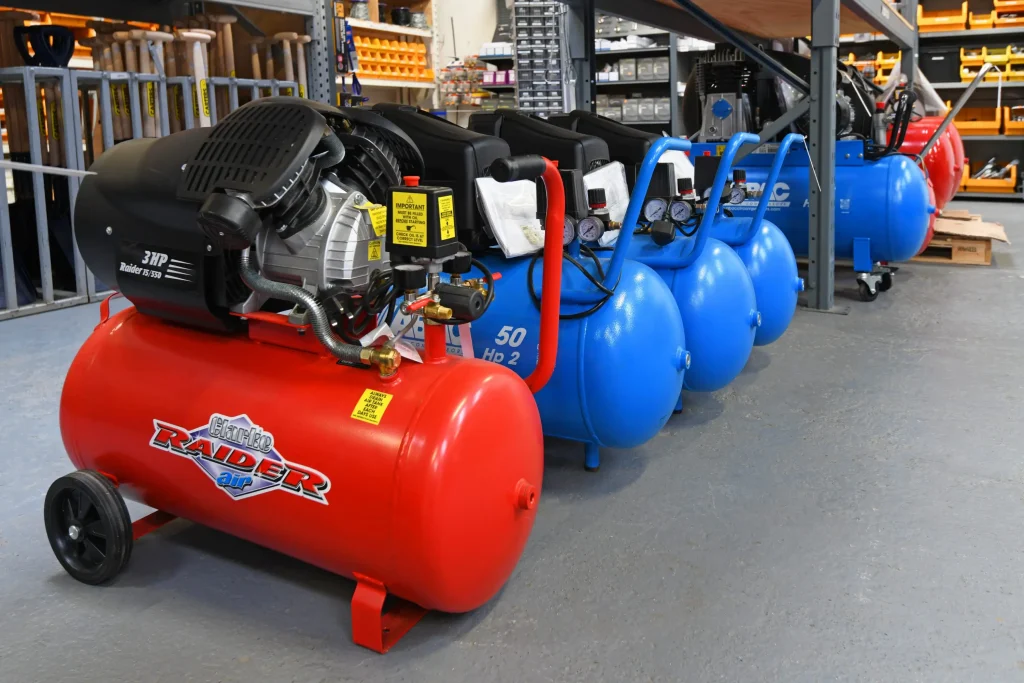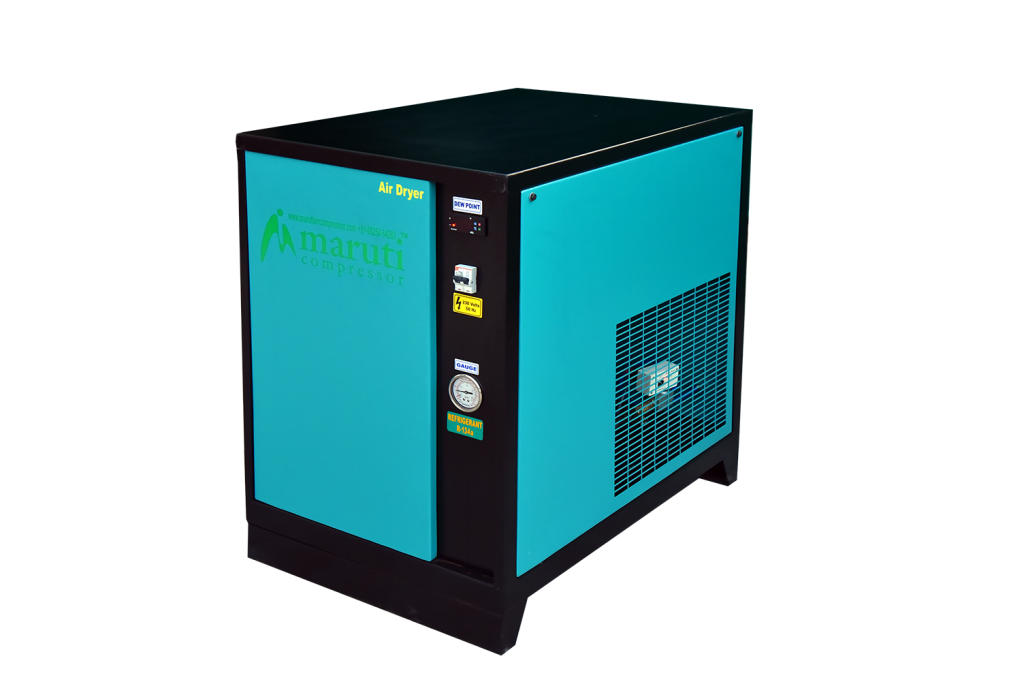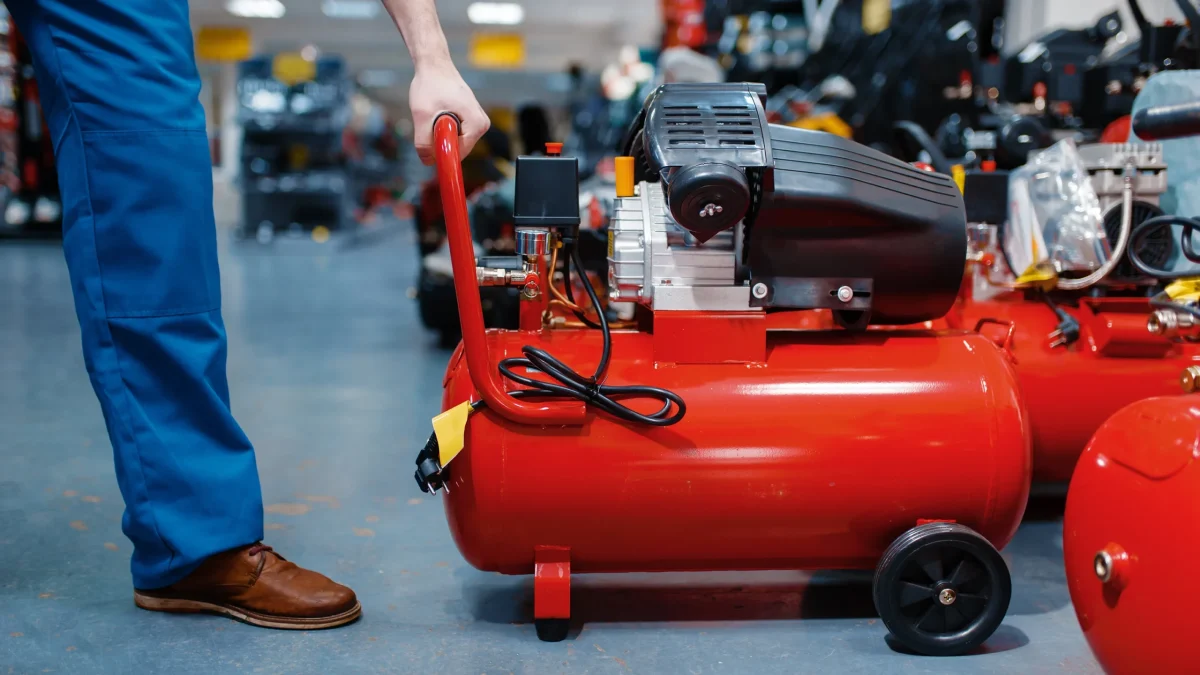
When planning special occasions, attention to detail can elevate the experience to extraordinary heights. One often-overlooked aspect is group transportation, which can turn a memorable event into an unforgettable one. In this guide, we’ll delve into the world of luxury group transportation and how it can add a touch of elegance to your special moments. Whether it’s a wedding, anniversary, milestone birthday, or another significant event, discover how choosing the right group transportation can make all the difference.
The Luxury Group Transportation Experience
Luxury group transportation isn’t just about getting from point A to point B; it’s an experience in itself. It’s the art of traveling in style, comfort, and sophistication, leaving a lasting impression on you and your guests. Special occasions call for special treatment, and luxury transportation providers understand this perfectly. They go the extra mile to ensure that every detail is taken care of, creating a seamless and memorable journey.
Types of Luxury Group Transportation
- Limousines: Limousines are timeless symbols of luxury and elegance. They offer spacious interiors, plush seating, and often come equipped with entertainment systems and mini-bars. Limousines are a popular choice for weddings, proms, and upscale corporate events.
- Party Buses: If you’re planning a celebration with a large group, a party bus might be the perfect choice. These rolling entertainment hubs feature music systems, LED lighting, and ample space for dancing and socializing. They’re great for bachelor/bachelorette parties, birthdays, and other lively gatherings.
- Vintage Cars: For those seeking a touch of nostalgia and classic charm, vintage cars are an excellent option. Arriving in a beautifully restored vintage car can add a romantic and timeless flair to weddings, anniversaries, and photo shoots.
- Private Charters: Private charters offer the ultimate in personalization. Whether it’s a destination wedding or a corporate retreat, chartering a private vehicle allows you to tailor every aspect of the transportation experience to your preferences.
Benefits of Luxury Group Transportation
The advantages of opting for luxury group transportation go beyond style and aesthetics:
- Comfort and Elegance: Luxury vehicles provide a level of comfort and elegance that standard transportation options simply can’t match. Plush leather seating, climate control, and spacious interiors create a relaxed and enjoyable atmosphere.
- Convenience: With luxury group transportation, you get door-to-door service. No need to worry about parking, navigating traffic, or coordinating multiple vehicles. Your chauffeur handles it all, ensuring a smooth and stress-free journey.
- Personalization: Luxury transportation providers understand that each event is unique. They offer options for custom decorations, branding, and personalized amenities to match your occasion’s theme and style.
- Safety and Reliability: Professional luxury transportation services prioritize safety. Their drivers are experienced and trained to provide a secure and dependable journey, giving you peace of mind throughout your special event.
Planning Your Luxury Transportation Experience
Planning the use of luxury group transportation for your special occasion involves several key steps, including arranging shuttle rental for wedding parties. This is particularly important if you have a large number of guests who need to be transported from one location to another, such as from the ceremony venue to the reception hall. Here’s what you should consider:
- Budgeting: Determine your budget for transportation early in your event planning process. This will help you choose the right vehicle and amenities that align with your financial plan.
- Booking in Advance: Luxury transportation services can be in high demand, especially during peak event seasons. To secure your preferred vehicle and date, it’s advisable to book well in advance.
- Communicating Preferences: Clearly communicate your preferences and expectations to the transportation provider. Whether it’s specific decorations, a particular route, or preferred refreshments, sharing these details ensures a tailored experience.
Special Touches and Amenities:
Luxury transportation providers excel at adding extra touches to make your journey memorable:
- Red Carpet Service: Arrive like a celebrity with a red carpet welcome. It’s an elegant touch that sets the tone for an unforgettable experience.
- Champagne and Refreshments: Many luxury vehicles come stocked with complimentary champagne or refreshments, allowing you to toast your special occasion while en route.
- Custom Decorations: Whether it’s a wedding, anniversary, or corporate event, custom decorations can transform the vehicle to match your theme and color scheme.
- Entertainment Systems and Mood Lighting: High-quality sound systems and ambient mood lighting create the perfect atmosphere for celebrations or relaxation during transit.
Luxury Group Transportation Etiquette
When enjoying luxury group transportation, it’s essential to be mindful of etiquette:
- Respect the Vehicle: Treat the vehicle with care and respect. Avoid any behavior that could damage or soil the interior.
- Be Punctual: Arrive at the designated pick-up location on time. Being punctual ensures that the journey starts smoothly and stays on schedule.
- Appreciate the Service: Acknowledge and thank the chauffeur for their professionalism and service. A small gesture of appreciation goes a long way.
Conclusion
When it comes to special occasions, creating cherished memories is paramount. Luxury group transportation adds an element of sophistication, comfort, and personalization that can turn an ordinary event into an extraordinary one. Whether you’re planning a wedding, celebrating an anniversary, or marking a milestone birthday, choosing the right shuttle rental for your event can be the key to making it truly unforgettable. So, the next time you have a special occasion on the horizon, consider traveling in style and making a grand entrance that will leave a lasting impression on all your guests.







